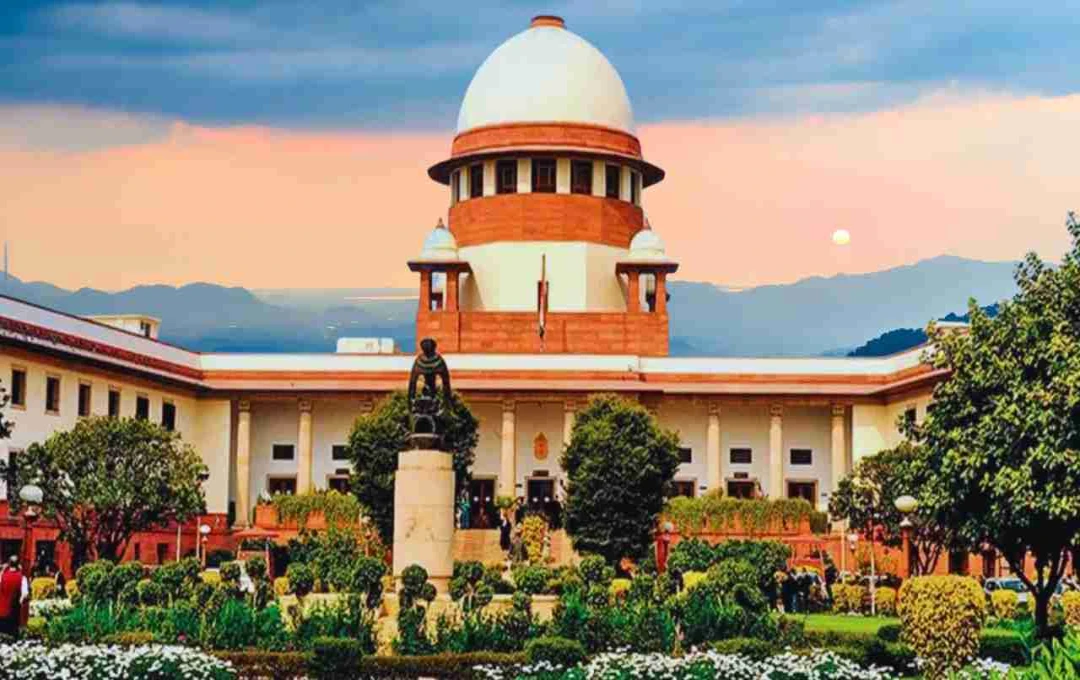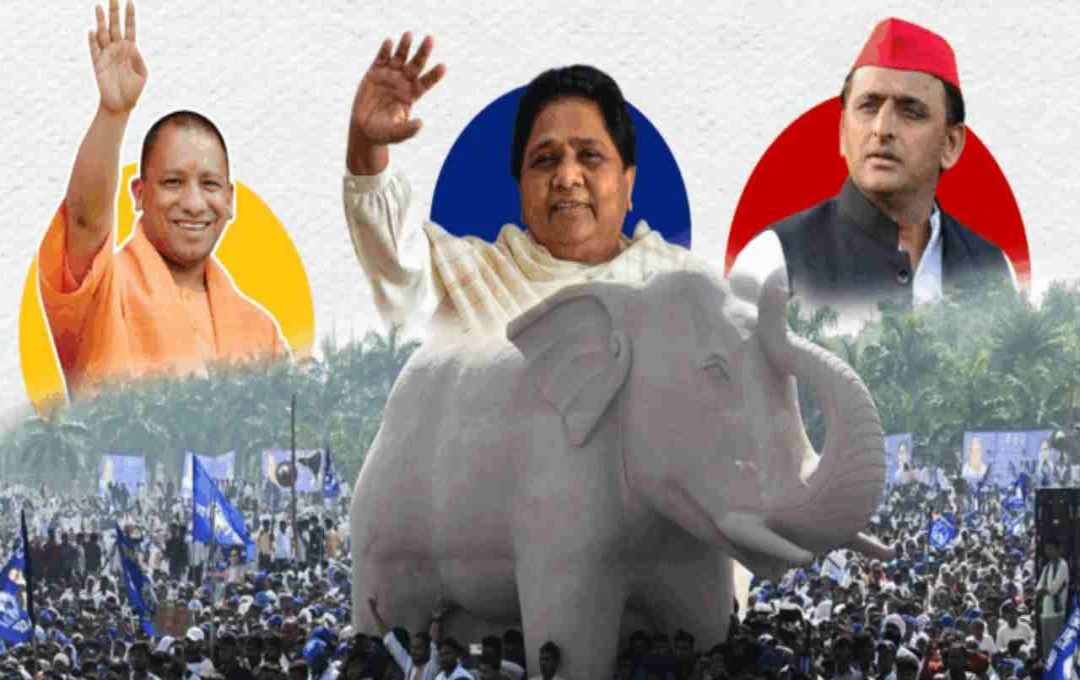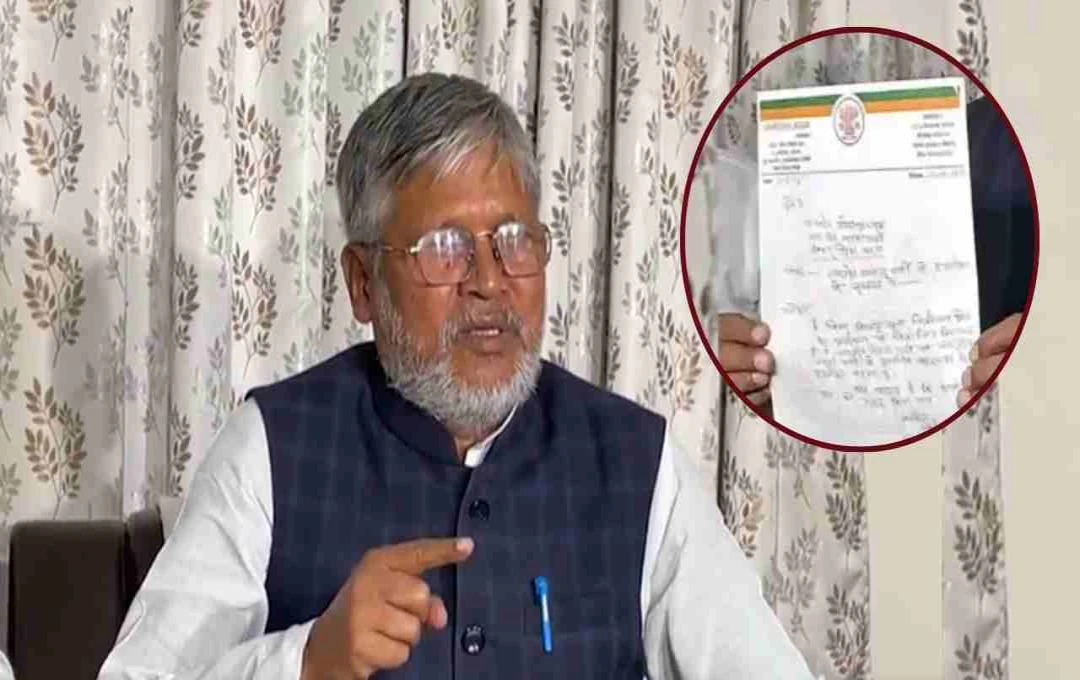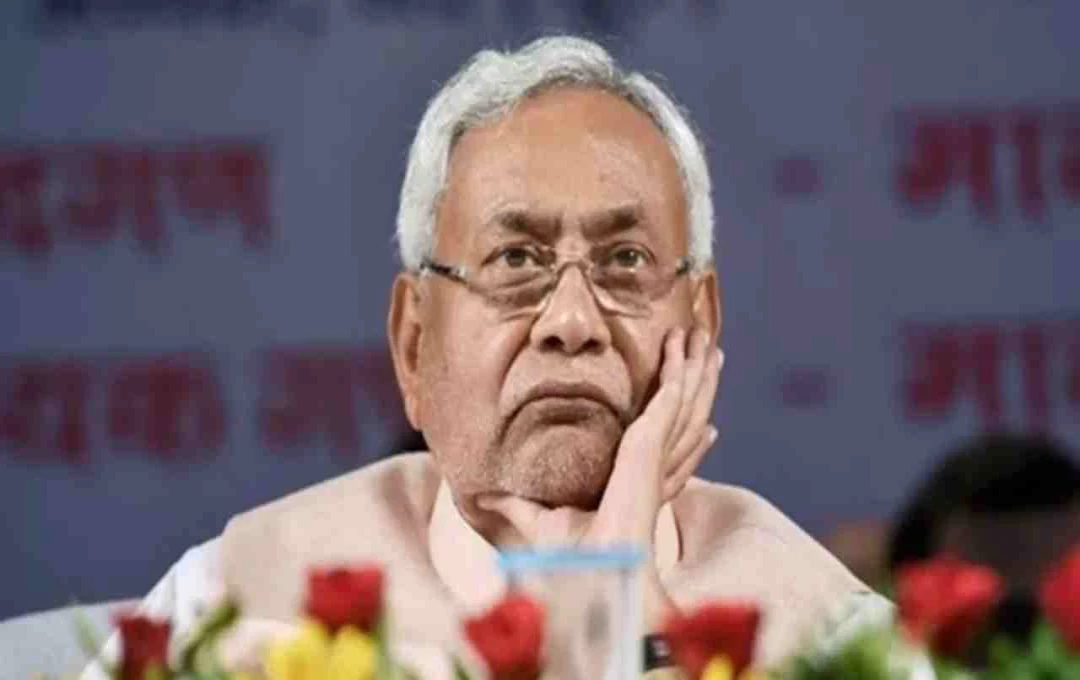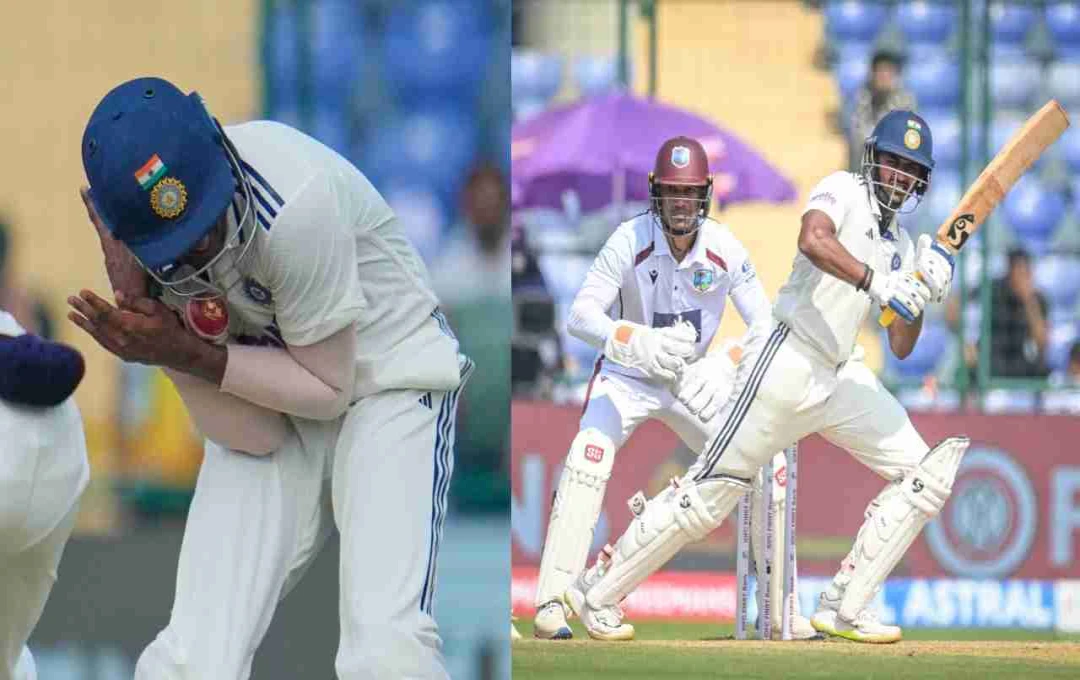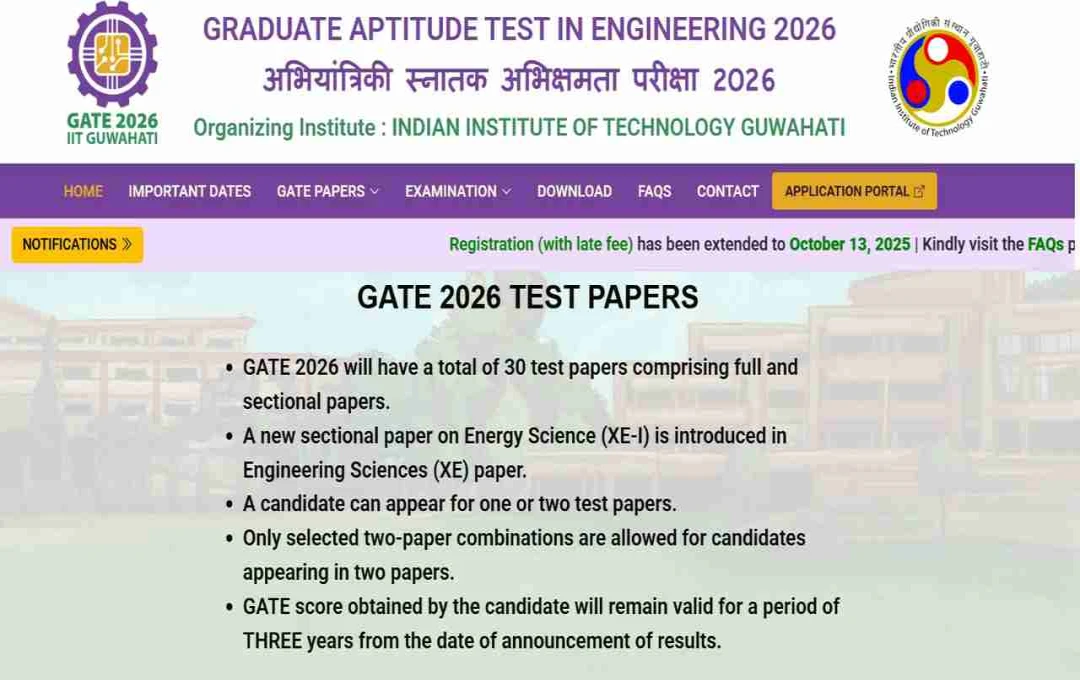The Supreme Court dismissed the NIA's appeal and upheld the bail granted to Salim Khan by the Karnataka High Court under UAPA. The Court stated that the organization 'Al-Hind' is not banned under the UAPA list, and being associated with it cannot be immediately considered a crime. Accused Mohammad Zaid was not granted bail.
New Delhi: The Supreme Court dismissed the petition filed by the National Investigation Agency (NIA) challenging the decision of the Karnataka High Court to grant bail to Salim Khan under the Unlawful Activities (Prevention) Act (UAPA). Salim was accused of having links with the 'Al-Hind' organization. The Supreme Court clarified that the Al-Hind organization is not banned in the schedule of UAPA, therefore, attending its meetings cannot be considered a crime directly.
The bench headed by Justice Vikram Nath said that the High Court had granted bail after considering all relevant aspects and the Supreme Court would not interfere in it.
Mohammad Zaid's bail plea dismissed
The Supreme Court also said that merely attending or being a member of the 'Al-Hind' organization's meetings does not constitute an offense under sections 2(k) or 2(m) of the UAPA. Therefore, the High Court's bail to Salim Khan was upheld.
However, the bail plea of the other accused, Mohammad Zaid, was rejected because he was accused of contacting ISIS handlers through the dark web. With this, the Supreme Court made it clear that each case will be seen separately based on facts and evidence.
FIR against 17 accused in CCB and NIA case
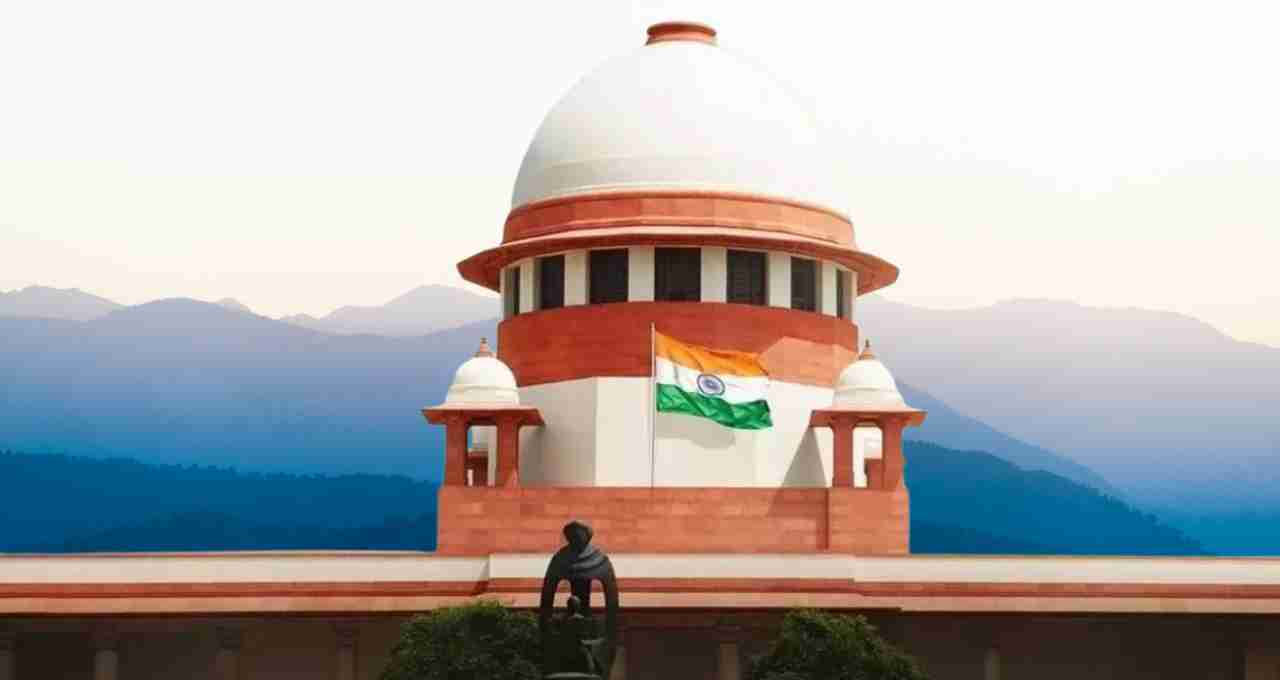
In January 2020, the CCB police registered an FIR against 17 accused at the Sudduguntepalya police station. The charges included sections 153A, 121A, 120B, 122, 123, 124A, 125 of the IPC and sections 13, 18 and 20 of the UAPA. Later this case was handed over to NIA.
Salim Khan's bail was in reference to the same lawsuit, while the investigation and evidence in the cases of other accused were different. The Supreme Court also fixed a timeline of two years to complete the trial expeditiously.
Supreme Court orders early disposal of the trial of the accused
The Supreme Court clarified that the accused cannot be kept in jail as undertrial prisoners for a long time. The court directed that the trial be completed in a completely time-bound manner. This will ensure that judges and prosecution get adequate time and direction for a fair trial of the case.
